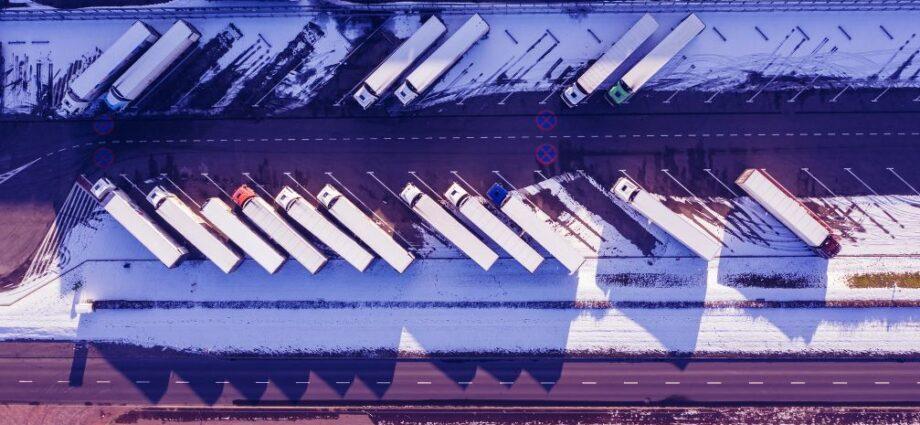The logistics sector is considered to be one of the most difficult in business. When the business is scaling, it becomes impossible to control everything, so mistakes begin. They, in turn, affect partnerships and customer reputation. Correct operation of a warehouse or a shipping company is impossible without automation. And if all operations are performed by one company, then you definitely cannot do without specialized software. It must be designed and customized for the needs of a particular firm. For this, you need to hire a suitable logistics software development company.
What is Specialized Logistics Software For?
The implementation of logistic processes and operations needs centralized management, and management needs periodic optimization under the changed conditions of the enterprise or the external environment.
To optimize logistics management, integration should be envisaged:
- Planning of logistics operations with planning the activities of the entire enterprise;
- Consolidation of logistics operations with other operations carried out by the enterprise;
- Interrelation of information technologies used in the field of logistics with information technologies of the entire enterprise;
- Integration of information technology with partner companies.
Monitoring the Efficiency of Logistics Operations
The tasks of optimizing logistics management are to control, analyze and reduce the costs of goods movement, including:
- Cost of transportation by different types of transport;
- The cost of loading from senders, unloading from recipients and possible transshipments along the route;
- Costs for storage directly related to transportation in connection with transshipment, packaging or additional handling of cargo along the route;
- Expenses associated with finding cargo and goods in transit, their unproductive storage during delivery (interest on capital, damage, loss, theft of cargo);
- Costs of formation and maintenance of stocks at trading and intermediary companies;
- Costs of the deficit associated with a shortage at certain moments in some parts of the distribution network of certain goods, with the inability to manage stocks, with crisis phenomena in the economy;
- Expenses for packaging, labeling, paperwork;
- Expenses for cargo insurance, transport and forwarding operations, icebreaker assistance, cargo dues;
- Labor costs for the amount of cargo received per shift, etc.;
- Administrative costs and some other types of costs.
All these streams can and should be optimized. Specialized software helps to make the processes clear, short, and logical. If you have an idea or goal, write a request at djangostars.com. The specialist will guide you in technology and suggest possible solutions to choose from.
Conclusions
The acceleration of the movement of commodity flows in the warehouse is determined by the acceleration of the processing of goods and documents at all technological stages. For example, the paths of movement of goods are trying to straighten in the horizontal and vertical directions. This shortens the time for moving.
